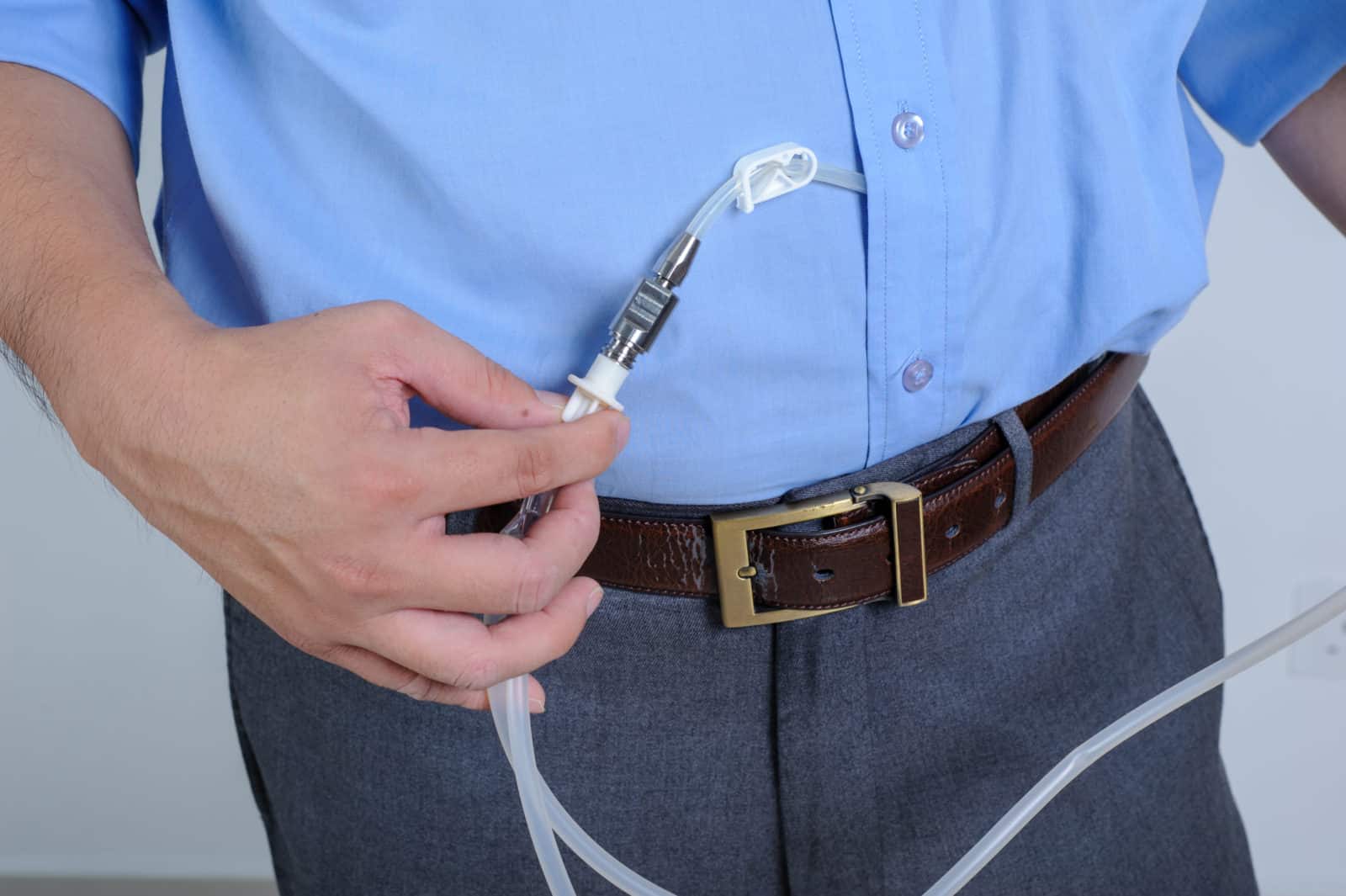
Media Contact: Julie Sheedy
[email protected] or 315.413.3480
Editorial note: Interviews available upon request
Syracuse, NY (October 15, 2019) – Loretto is now offering Peritoneal Dialysis. Peritoneal dialysis is a daily treatment for kidney failure that filters a patient’s blood inside his/her own body.
Unlike the more common “Hemodialysis” – which removes blood from the body in order to filter it and is typically performed at a hospital or dedicated dialysis center three days a week – this Peritoneal Dialysis is less invasive, can be performed during the day or while the patient sleeps, requires fewer diet restrictions, allows for greater flexibility and improved rehabilitation.
Loretto is the only healthcare system to offer Peritoneal Dialysis in a 73-mile radius. Binghamton is the next closest location to offer this service.
“Our rehabilitation residents can now receive Peritoneal Dialysis in a more homelike environment, which gets patients out of the hospital and rehab faster, and will help lower hospital readmissions,” said Meredith Boss, Director of Nursing at Loretto. “We have seen a high demand for this service in Central New York, and we already receiving calls from people in the Oswego and Watertown areas, too.”
How Does It Work?
- A few weeks before a patient starts peritoneal dialysis, a surgeon places a soft tube, called a catheter, in the patient’s belly.
- When the patient starts treatment, the dialysis solution—water with salt and other additives—flows from a bag through the catheter into the patient’s belly. This takes about 30 minutes.
- When the bag is empty, it is disconnected and a cap is placed on the patient’s catheter so he/she can move around and do normal activities.
- While the dialysis solution is inside the patient’s belly, it absorbs waste and extra fluid from the patient’s body.
- After a few hours, the solution and the wastes are drained out of the patient’s belly into the empty bag.
“Having the ability to deliver Peritoneal Dialysis at Loretto enables patients to continue on their existing Peritoneal Dialysis regimen, while starting the rehabilitation they need,” said Salil Gupta, M.D., president of Nephrology Hypertension Associates of CNY, P.C. “This alleviates the need for another procedure (Hemodialysis) and transporting the patient to an outside facility – which means their stay at rehab is much more condisive to their healthcare.”
Clinical teams at Loretto have been highly trained in this service, and Loretto is actively recruiting more employees in this and other areas of the organization.
“In addition to our staff, the residents who are receiving this dialysis are also trained to help them better understand the process and their treatment,” Boss said.
If you or a loved one are interested in the Dialysis Program at Loretto, visit www.lorettocny.org/services/peritoneal-dialysis or call 315-413-3400.
Note: Dialysis can help individuals feel better and live longer, but it is not a cure for kidney failure.
